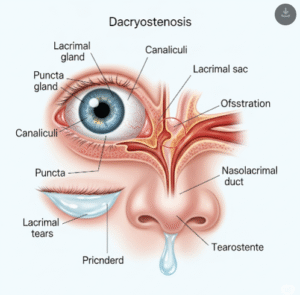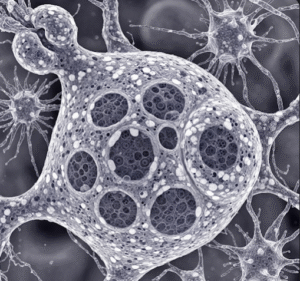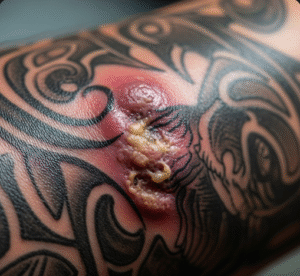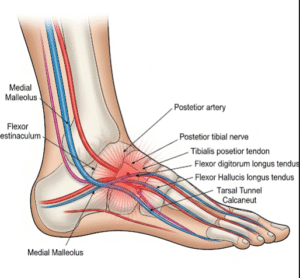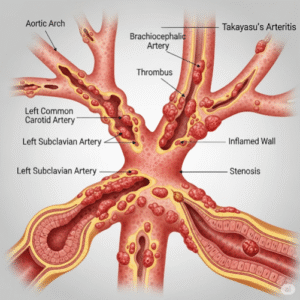Overview
Sore throats are one of the most common childhood ailments in Korea, especially during the changing seasons. While most sore throats in children are caused by viral infections and resolve on their own, some may indicate bacterial infections or underlying conditions requiring medical attention. Korean pediatric clinics are well-equipped to diagnose and treat sore throats with a combination of modern diagnostics and child-friendly care.
What is a Sore Throat in Children?
A sore throat refers to pain, scratchiness, or irritation of the throat that often worsens when swallowing. In children, it may be accompanied by other symptoms such as fever, runny nose, or swollen tonsils. The condition can range from a mild viral irritation to bacterial infections such as strep throat.
Symptoms
- Pain or discomfort when swallowing
- Red or swollen throat and tonsils
- White patches on the tonsils (in bacterial cases)
- Fever
- Cough or runny nose (typically viral)
- Hoarseness or voice changes
- Swollen lymph nodes in the neck
- Headache or stomach pain
- Loss of appetite and fussiness in younger children
Causes
- Viral Infections (most common):
- Common cold viruses (rhinovirus, coronavirus)
- Influenza
- Adenovirus
- Epstein-Barr virus (EBV – causes mononucleosis)
- Bacterial Infections:
- Group A Streptococcus (causes strep throat)
- Environmental Factors:
- Dry air
- Allergens
- Exposure to smoke or pollution
- Other Causes:
- Gastroesophageal reflux (GERD)
- Mouth breathing during sleep
Risk Factors
- School or daycare attendance (frequent exposure to germs)
- Weakened immune system
- Exposure to secondhand smoke
- Seasonal changes (dry air or flu outbreaks)
- Poor hygiene habits
Complications
If untreated, particularly bacterial sore throats may lead to:
- Tonsillitis
- Ear infections
- Sinus infections
- Scarlet fever (from untreated strep)
- Rheumatic fever (rare, affects heart and joints)
- Post-streptococcal glomerulonephritis (kidney inflammation)
Prevention
- Teach children to wash hands regularly
- Avoid sharing utensils, cups, or towels
- Use humidifiers during dry seasons
- Avoid exposure to cigarette smoke
- Encourage covering mouth while coughing or sneezing
- Keep children home during illness to prevent spread
Treatment Options in Korea
- Diagnosis
- Pediatricians conduct throat examinations and assess symptoms
- Rapid strep tests or throat cultures are commonly used
- Blood tests may be recommended if symptoms persist (e.g., mononucleosis)
- Treatment Based on Cause
- Viral Sore Throats:
- Symptomatic treatment (rest, hydration, fever reducers)
- Lozenges (for older children), warm salt water gargles
- Bacterial Sore Throats (e.g., strep):
- Antibiotics like amoxicillin or cephalexin
- Full course adherence is essential to prevent complications
- Common Pediatric Hospitals in Korea
- Seoul Asan Medical Center – Pediatric ENT
- Severance Children’s Hospital (Yonsei University)
- Seoul National University Children’s Hospital
- Samsung Medical Center – Pediatric Clinic
- Home Remedies & Support
- Encourage fluid intake (warm teas, soups)
- Use cool-mist humidifiers
- Provide soft foods if throat pain is severe
- Avoid spicy or acidic foods
- Follow-Up
- Return to doctor if fever lasts more than 48 hours
- Re-evaluation if sore throat returns frequently
- ENT consultation for chronic or severe tonsillitis




